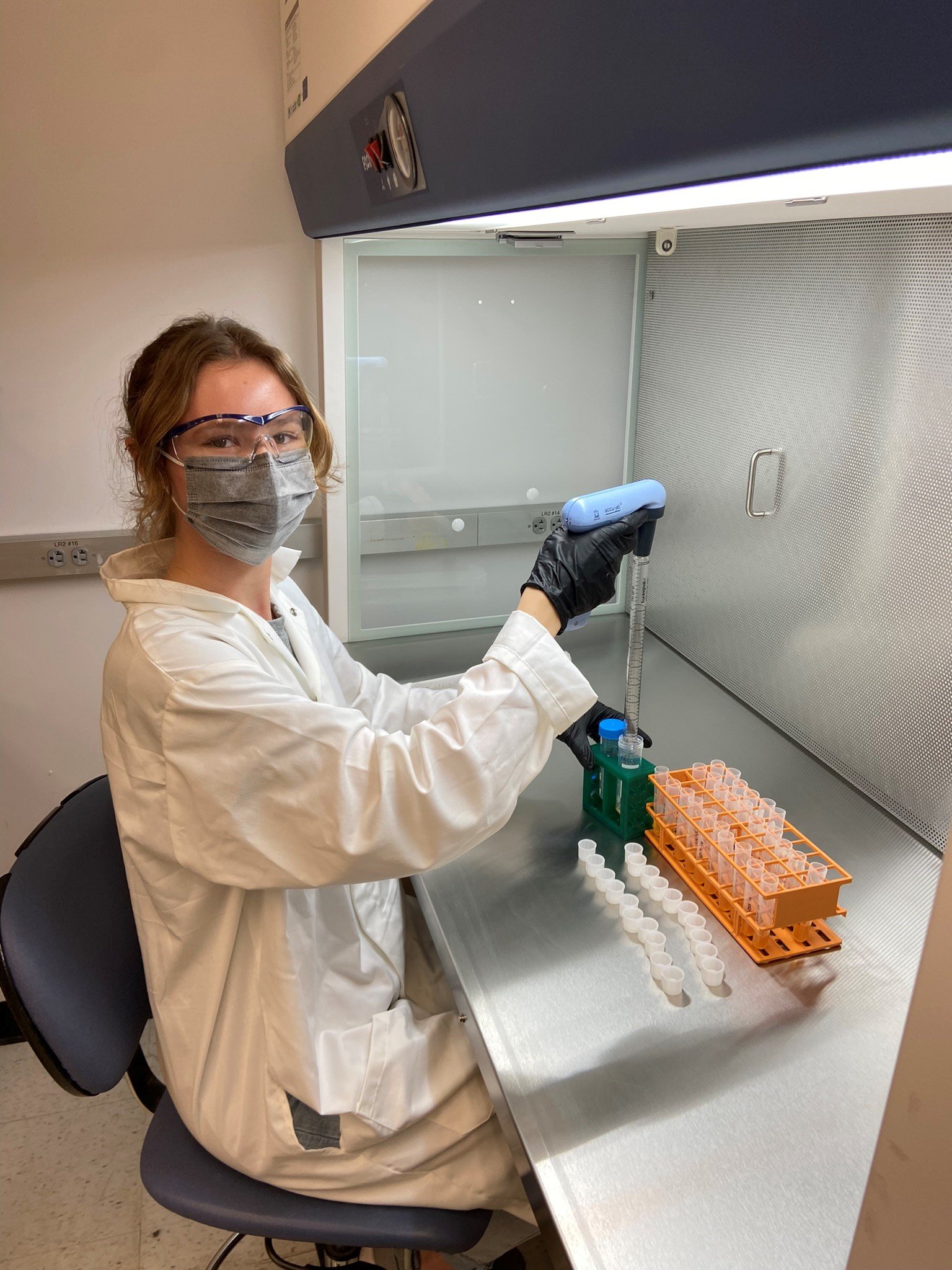
Working with nature for a greener future
We develop disease resistant crops that reduce chemical use and improve the safety, environmental sustainability and productivity of agriculture
Our Team
We are growing! Please visit our Jobs page or email jobs@fortiphyte.com for more information.
Founder and CEO
Alex Schultink has a BSc in Biology and Computer Science from Stanford and a PhD in Plant Biology from UC Berkeley. After a post doc at UC Berkeley studying the plant immune system, Alex started Fortiphyte to move exciting research results from the lab to the field.
In the lab
Our talented research team applies the latest methods in gene editing and genomics to rapidly identify and test new disease resistance traits.
Advisors
Heather Koshinsky has a BSc in Biology and a PhD in Applied Microbiology from the University of Saskatchewan. After a post doc at UC Berkeley, Plant Gene Expression Center, Heather started several companies and now advises companies.
Our team is growing!
Please visit our Jobs page or email jobs@fortiphyte.com for more information.
Our Technology
Leveraging Natural Diversity
Plants need a strong immune system to protect themselves from the wide range of fungal, bacterial and viral pathogens. We explore the incredible diversity of wild plant species and discover the mechanisms which plants evolved to protect themselves from disease. Once we identify the genes involved in defense against a particular pathogen using our rapid gene discovery platform, we use this knowledge to develop disease resistant crop varieties through breeding, genome editing for bioengineering.
The Fortiphyte tomato
Tomatoes are delicious and versatile fruit consumed in a wide variety of foods all over the world. Unfortunately current commercial tomato varieties are highly susceptible to bacterial pathogens which can cause severe yield loss or necessitate the application of harmful copper or antibiotics. Our team identified five genes involved in bacterial resistance in wild tomato relatives. These genes code for immune receptor proteins which enable the plant to detect when it is under attack from an invading pathogen and mount an endogenous immune response. Fortiphyte scientists stacked these genes together to develop a tomato variety with strong, durable resistance to bacterial diseases including bacterial spot, bacterial speck and bacterial wilt caused by Xanthomonas, Pseudomonas and Ralstonia bacteria. We are working with tomato seed companies to make this variety available to commercial tomato growers.
The Fortiphyte soybean
Soybean production has more than doubled in the last twenty years, resulting in deforestation and an over reliance on chemical pesticides and fungicides to meet demand. The disease, Asian Soybean Rust, would severely reduce global soybean production without the aggressive use of chemical fungicides. Fortiphyte scientists discovered a gene from a soybean relative that is naturally immune to Asian Soybean Rust and used this gene to develop a soybean variety with resistance to this disease. We are working with a seed company to do further testing and develop this variety. When successful, this will reduce fungicide use, improve yield and $1 billion annual value to the soybean industry.
Working with Fortiphyte
We provide our disease resistance traits to seed companies. We can provide the genes sequences and allow the seed company to handle incorporating them into their germplasm or the seed company can provide the germplasm to us and we will add the desired disease resistance traits.
We have traits for resistance to bacterial spot (Xanthomonas) , bacterial wilt (Ralstonia), bacterial speck (Pseudomonas syringae), and soybean rust (Phakopsora pachyrhizi). We can use our platform to find new traits for any crop and most pathogen species. Please contact us today (info@fortiphyte.com) if you are interested in learning more about our existing traits or in having us discover a new disease resistance trait for a target pathogen.
We’re grateful and proud to have received funding and resources from the UC Berkeley Innovative Genomics Institute, the United States Department of Agriculture, The House Fund, the National Science Foundation, and Berkeley Skydeck. These amazing institutions are helping us build a more sustainable future.






